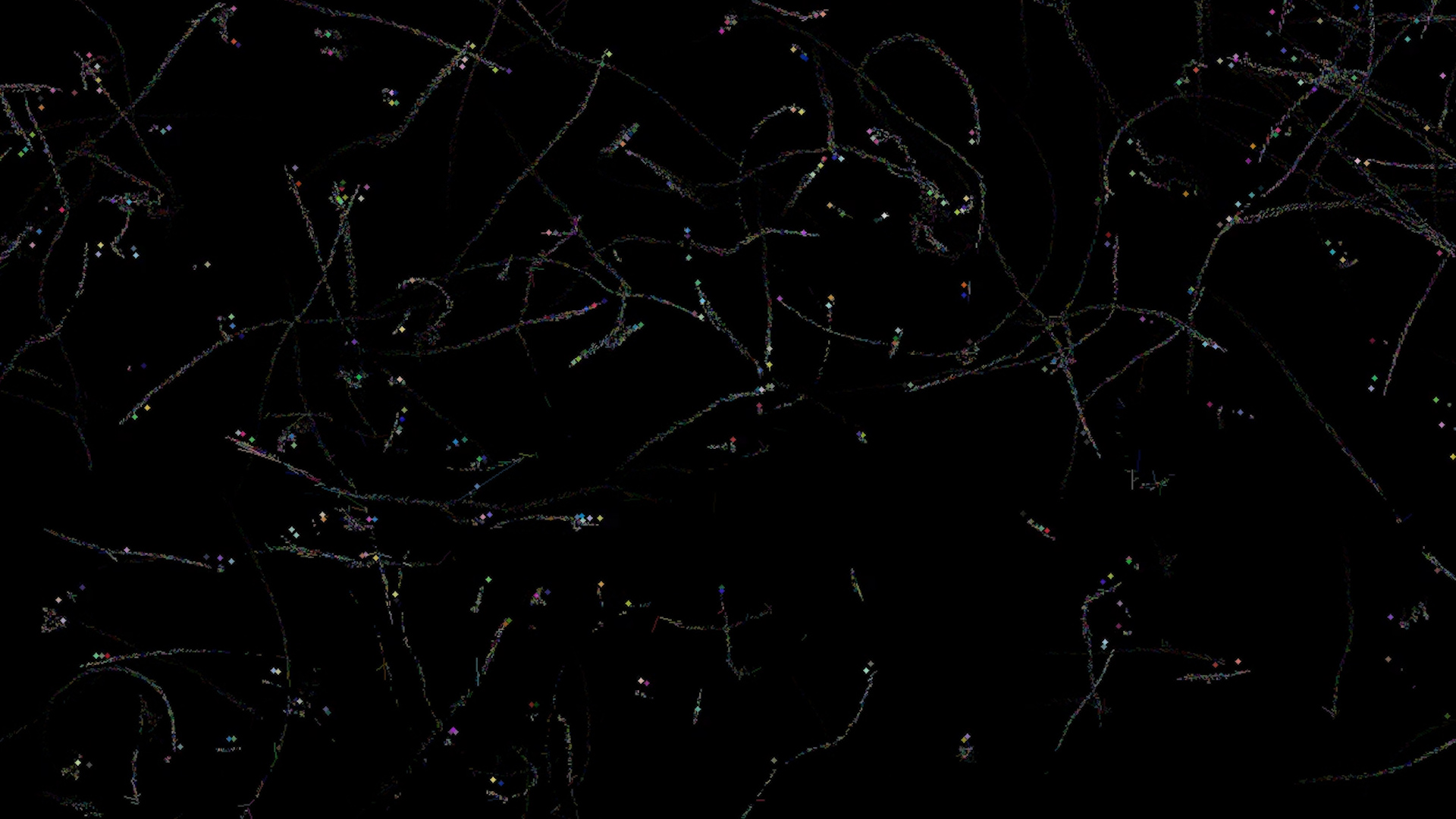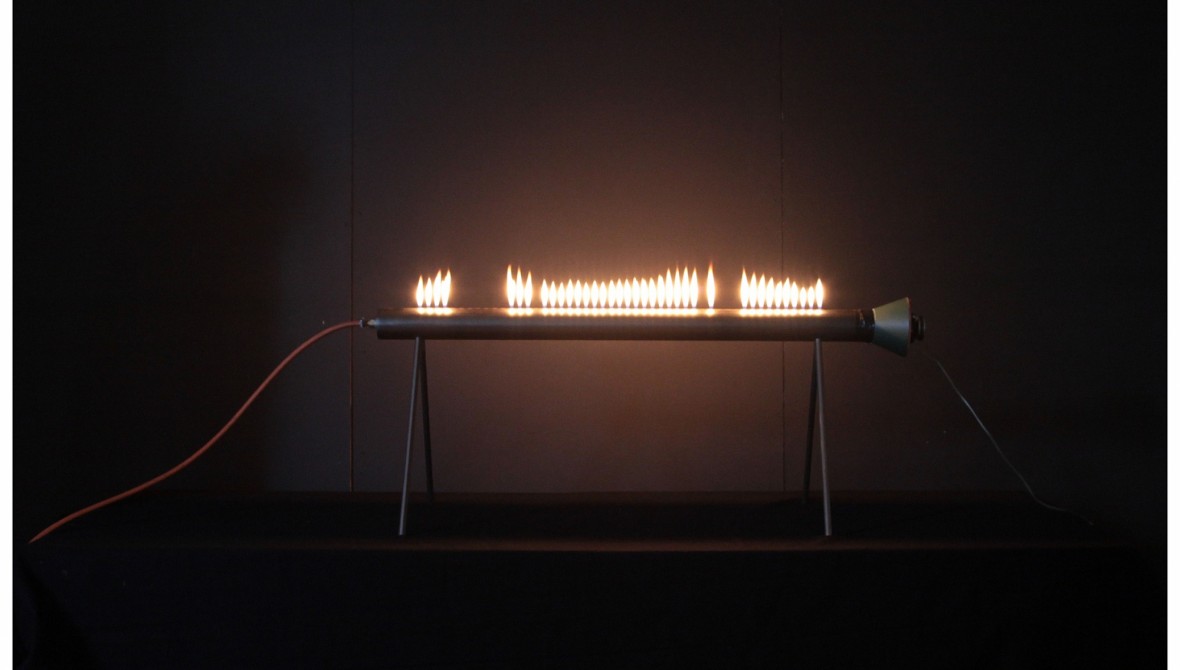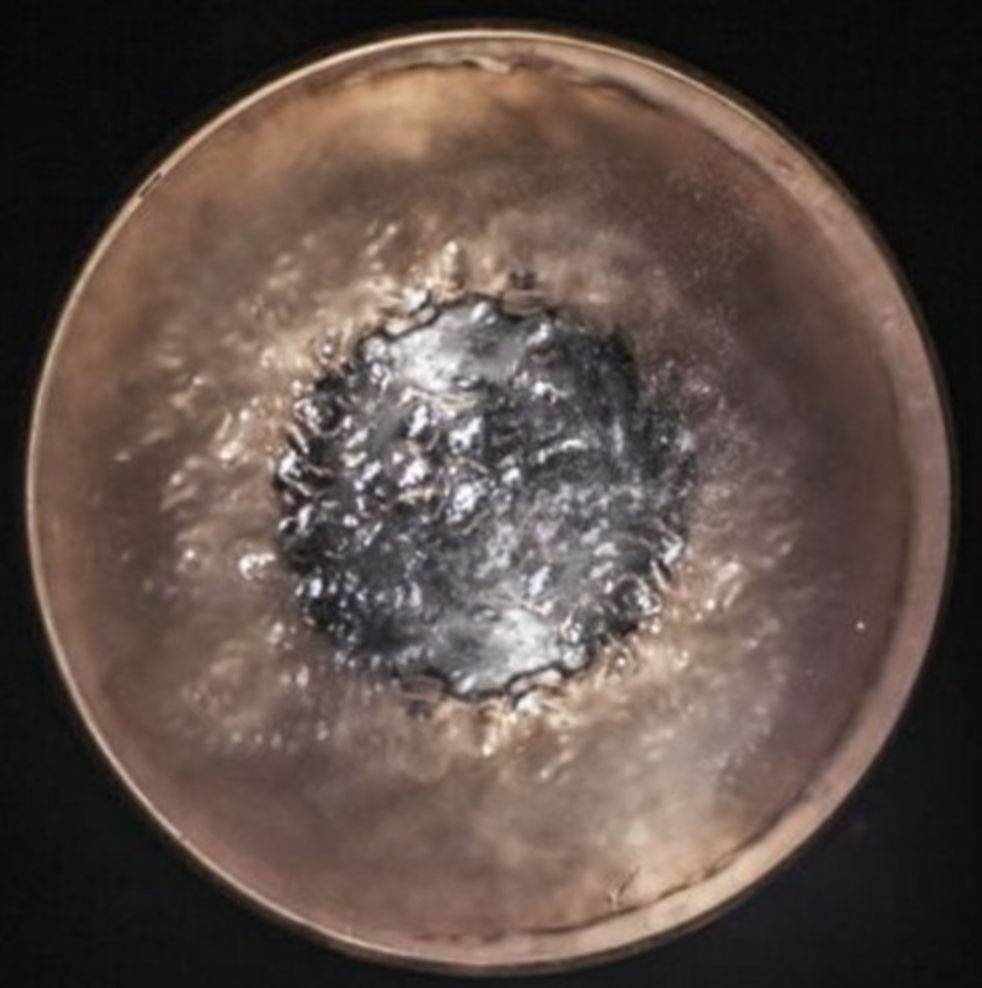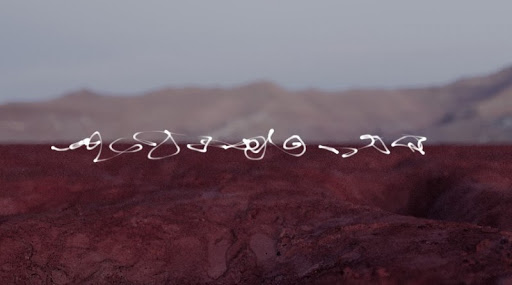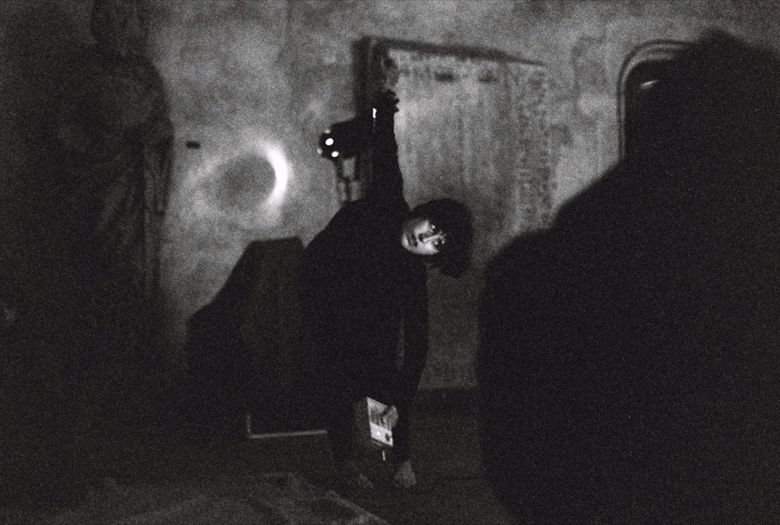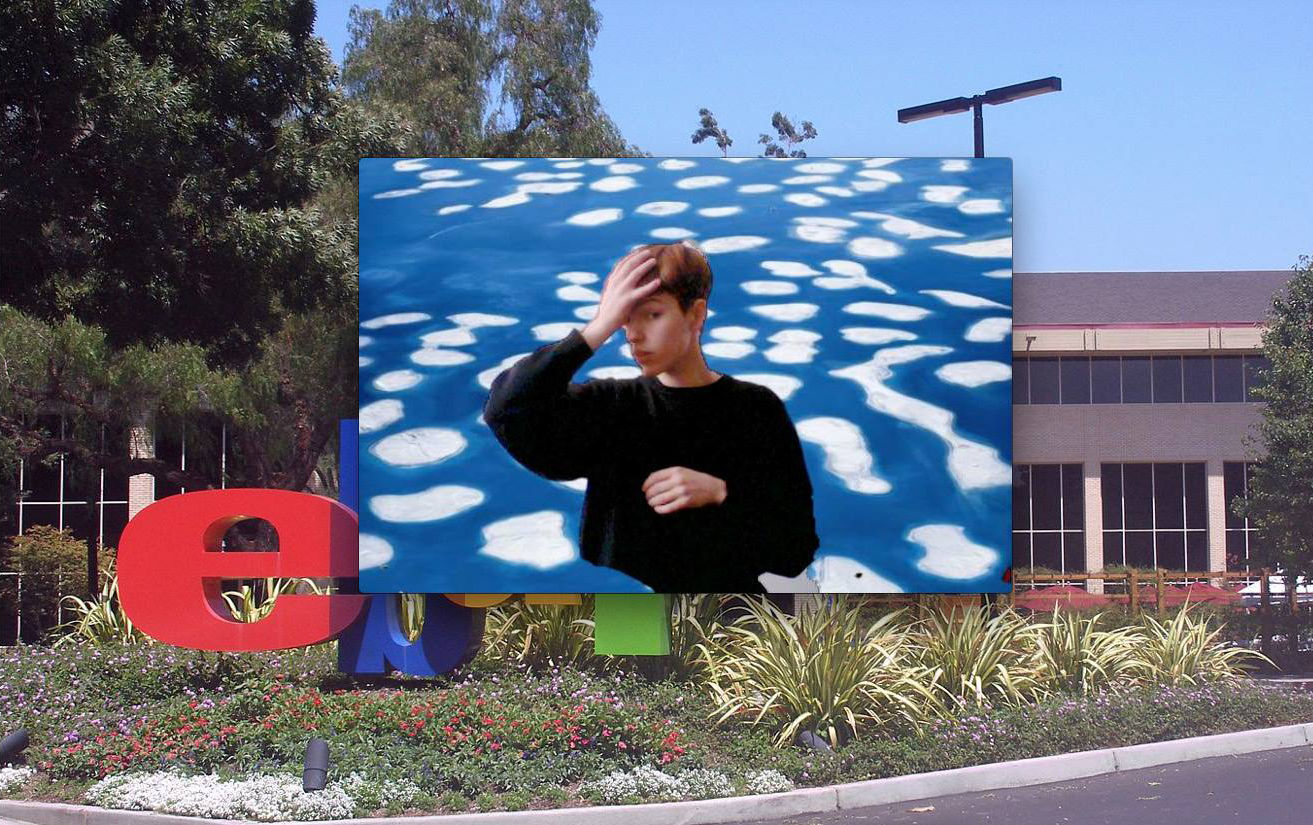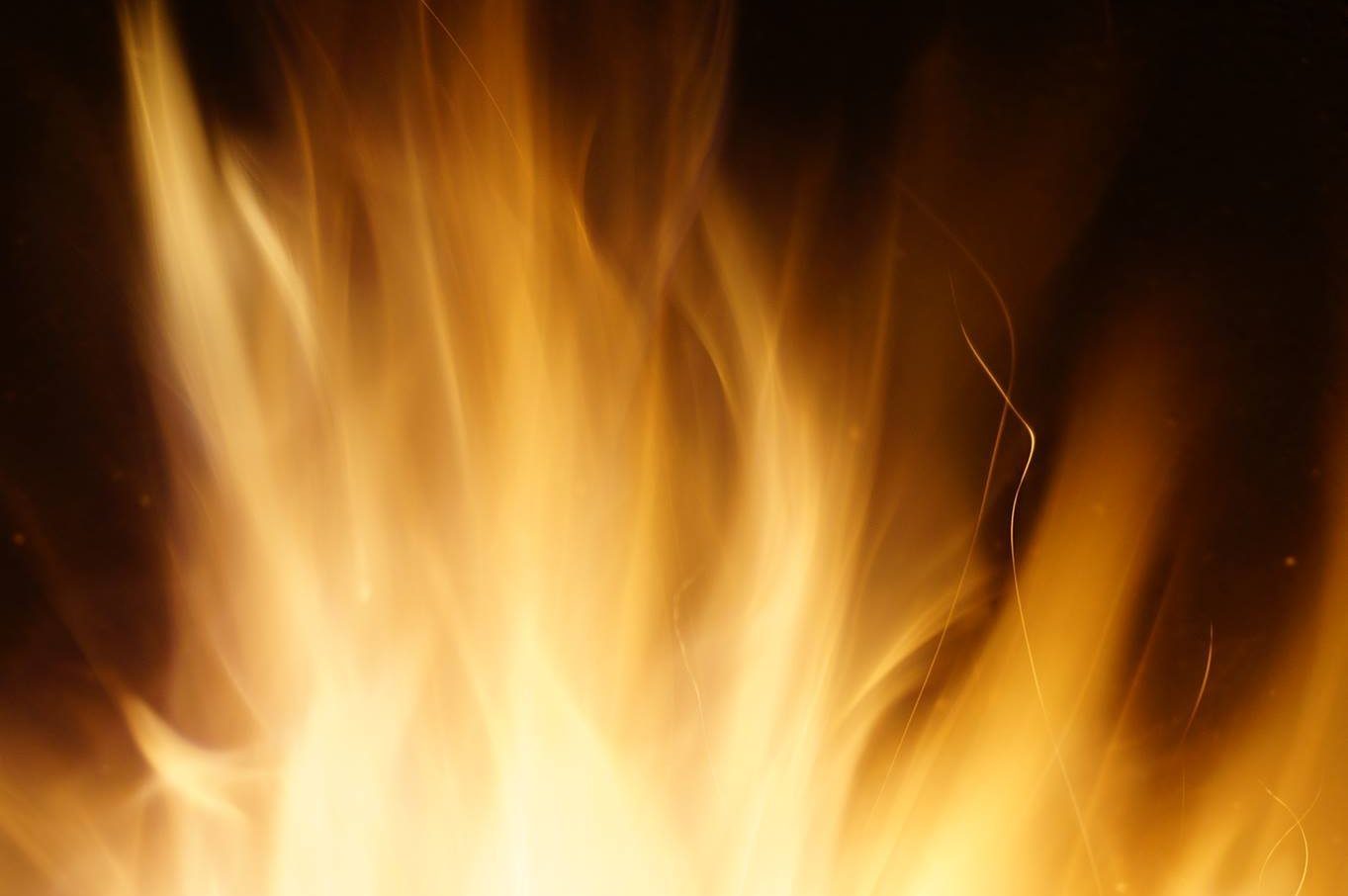Euphonia
Euphonia
©Jenna Sutela, video still from “nimiia cétiï”, 2018
Info
Title
Euphonia
Curated
Diana Policarpo
Artists
Aura Satz, Diana Policarpo, Jenna Sutela, Muyassar Kurdi, Raw Forest, Vuduvum
Location:
HANGAR ONLINE
Open Date
July 10th
Dates
July 10th – August 01st
Information
hangarcia.production@gmail.com
About
This exhibition follows the development of sound as an artistic medium. It presents a resource of collected audio works by artists and composers keen to unearth creation techniques, who explore music and the use of sound in relation to gender, speech synthesis, D.I.Y instrument making, immersion and embodiment.
In 1844, astronomer and engineer Joseph Faber created the first “vocoder”, a talking head mechanical device called The Ghostly Voice and later on known as The Euphonia. It did not merely record the spoken word and then reproduced it, but actually synthesized speech mechanically.
Faber reportedly spent over 25 years developing this automata and it was constructed with several different mechanisms and instruments: a piano, bellows and a mechanical replica of the human and vocal organs. This decade saw the emergence of artificial life in a flurry of attempts to simulate the animal and human bodies. The Euphonia was exhibited for the first time in New York in 1846 and inspired many engineers at the time, including Alexander Graham Bell who created the first practical telephone in 1876.
The exhibition brings together sound works that resonate with the earlier devices from the 19th Century aforementioned and share concerns of transmission, vocal mutation and affective tonality through improvisation.
Diana Policarpo is a visual artist and composer working in visual and musical media including drawing, text, score, sculpture, acoustic composition, performance and multi-channel sound installation. She graduated from Goldsmiths College with an MFA in Fine Art in 2013. Her work investigates power relations, popular culture and gender politics, juxtaposing the rhythmic structuring of sound as a tactile material within the social construction of ideology.
Recent exhibitions and performances include KHiO, Oslo, NO (2020); MACE, Elvas, PT (2020); Fórum Arte Braga, Braga, PT (2019); Whitechapel Gallery, London, UK (2019), MAAT, Lisbon, PT (2019), Cordoaria Nacional, Lisboa, PT (2019), BoCA Biennal, Braga, PT (2019); Alice Boner Institute, Varanasi, IN (2019); Lisboa Soa, Lisbon, PT (2018); Kunsthall Oslo, Oslo, NO (2018); LUX-Moving Image, London, UK (2017), ICA, London, UK (2017); Cafe OTO, London, UK (2018); Galeria Francisco Fino, Lisbon, PT (2018) and Tenderpixel Gallery, London, UK (2018). Policarpo is the winner of the EDP Foundation New Artists Award 2019.
Aura Satz’ artistic practice encompasses film, sound, performance and sculpture. She has performed, exhibited and screened her work nationally and internationally: at Tate Modern (2012), BFI Southbank (2012), the New York Film Festival (2013), Tate Britain (2014), Baltic Centre for Contemporary Art (2014-15), Hayward Gallery (2014-15), Whitechapel Gallery (2016), Sydney Biennale (2016), NTT InterCommunication Center, Tokyo (2017), Lentos Museum, Linz (2017-18), SFMOMA, San Francisco (2017/18/19), High Line Art (2018), the Rotterdam Film Festival (2013-20), MoMA NY (2020), MCA Chicago (2020), Kadist San Francisco (2020) and Sharjah Art Foundation (2020). Satz has held solo exhibitions at the Wellcome Collection, London (2010-11); the Hayward Gallery project space, London (2013); John Hansard Gallery, Southampton (2015-16); Dallas Contemporary, Texas (2016); George Eastman Museum, Rochester (2015); and Gallery 44, Toronto (2014); among others. She is a Moving Image Tutor and Reader in Fine Art (Sound and Moving Image) on the Contemporary Art Practice programme at the Royal College of Art, London.
Jenna Sutela works with words, sounds, and other living media, such as Bacillus subtilis nattō bacteria and the “many-headed” slime mold Physarum polycephalum. Her audiovisual pieces, sculptures, and performances seek to identify and react to precarious social and material moments, often in relation to technology. Sutela’s work has been presented at museums and art contexts internationally, including at Guggenheim Bilbao, Moderna Museet, and Serpentine Galleries. She is a Visiting Artist at The MIT Center for Art, Science & Technology (CAST) in 2019-20.
Muyassar Kurdi (b. 1989 in Chicago) is a New York City-based interdisciplinary artist. Her work encompasses sound art, extended vocal technique, performance art, movement, analogue photography and film. She has toured extensively in the United States and throughout Europe. She currently focuses her attention to interweaving homemade electronic instruments into her vocal and dance performances, stirring a plethora of emotions from her audience members through vicious noise, ritualistic chants, and meditative movements.
Raw Forest is one of Margarida Magalhães’ alter egos that was born around 2010 in cybernetic space. She is influenced by the universe of Early Electronic Music, the immersive drone of Eliane Radigue, the minimalism of Steve Reich and Philip Glass, the landscapes of Brian Eno, as well as the narratives and kitsch of Robert Ashley and Laurie Anderson. Lately, her work has been manifesting itself mostly through sound, creating landscapes and environments through immersive electronic music. In a dystopian environment, amidst ruins of past digital utopias, her first EP “Post Scriptum” was prophetically born in 2019 through the Labareda Label.
Vuduvum Vadavã (Porto, Portugal).
Her passion lies in the absurd, the wild and primitive state of language, from the pre-verbal to the palindrome and other elaborate word games. In the visual and non-visual arts, singing/voice, performance, circuit-bending or as a DJ, Vuduvum experiments with noise and silence in a drift driven by the unknown. In this investigation, she is focused on opposites which, when combined, can be either complementary or repellent.
Scientific coordination and organized by Mónica de Miranda
This project is part of the project Post-Archive: Politics of Memory, Place and Identity, CITCOM-CEC-FLUL
This project was produced with national funding from the FCT-Fundação para a Ciência e a Tecnologia, I.P. under the project UIDB/00509/2020.

